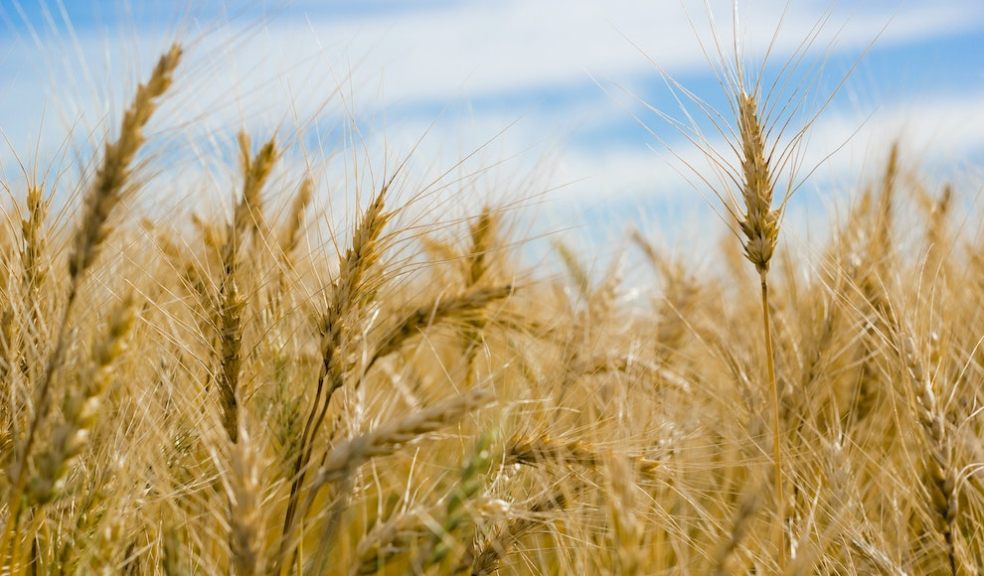
Why inflation is here to stay and what you can do about it
The UK is facing a serious cost of living crisis, and it is not clear when inflation will come down. The government and the Bank of England are taking steps to address the problem, but it is likely to be a long and difficult process.
Here’s how we got there, and what you can do o protect your wealth.
It’s the money supply stupid
Milton Friedman, an American economist and winner of the Nobel Prize in Economic Science, once said that inflation is “always and everywhere, a monetary phenomenon”. In layman's terms, this means too much money chasing too few goods.
Central Banks have engaged in money printing, also known as Quantitative Easing, since the Great Financial Crisis of 2008. However, inflation has only recently become a problem.
When COVID-19 hit, governments helped businesses and households get through these dark days with financial help on a scale never seen before. This also happened at a time when people, compelled to stay home, were unable to spend on travel, eating out and entertainment. As a result, people were able to save more and pay down debt.
When lockdowns were lifted and economies gradually reopened after the first vaccines were rolled out, cash-rich consumers unleashed their pent-up demand on disrupted supply chains and stuttering businesses. This imbalance between the demand and supply of goods and services explains why prices rose at a pace not seen in generations.
Putin’s war on Ukraine
By the time that Putin attacked Ukraine, inflation was already running at 5.5%, the highest it had been since April 1992.
However, the war in Ukraine added fuel to the fire, by causing energy prices to rise sharply. The UK, which used to import 45% of its natural gas from Norway, Russia and Qatar, was particularly exposed to rising energy prices. It also didn’t help that Centrica closed the UK’s largest single gas storage site in 2017 at the behest of the government of the time.
The war in Ukraine also had a knock-on effect on food prices. In the year before the war broke out, Russia and Ukraine were respectively the world’s 1st and 5th largest exporters of wheat. Russia was also the world’s largest exporter of fertilisers. While fertilisers were not explicitly banned by Western sanctions, Russia restricted exports to prioritise its farmers. Shortages of grains and fertilisers go a long way towards explaining why food inflation in the UK is still running close to 20% year-on-year, levels seen in Argentina and Ethiopia.
The beginning of a wage price spiral
By the Bank of England’s own admission, the UK is now in the midst of a wage-price spiral. Nurses, junior doctors, train drivers and even the Isle of Wight’s ferry workers have engaged in industrial action on a scale not seen in decades. Whilst pay increases are justified after years of falling real wages, they’ve also helped embed inflation deeper in our economy.
How to protect your wealth
The Bank of England has restated its commitment to return inflation to its long-run 2% target over time. However, many expect this could play out over years in the absence of a severe recession.
With most savings accounts only paying meaningful interest rates on small monthly deposit amounts, savers looking for a hedge against inflation have few alternatives. According to Stefan Bottine, founder of the TrustedBrokers.com comparison service “real assets are the place to hide when inflation is running hot. Look to precious metals, property and collectables”.
Precious metals: gold was a store of wealth and means of payment long before the fiat currency we use today came into circulation. Historical records show that an ounce of gold buys roughly the same amount of goods today as it did centuries ago. In other words, gold maintains its purchasing power over very long periods of time. This isn’t true of paper money, whose value wittles away as prices rise.
Property: you could also turn to property to protect yourself against inflation, as rents generally rise in line with wages and broader prices. A shortage of rental accommodation is also driving rents even higher at this moment in time. However, you should invest with caution, as rising interest rates have and will continue to exert downward pressure on property prices. Buying opportunities could arise as highly leveraged landlords sell-up.
Collectables: is a broad category that includes anything with rarity value, such as art, antiques, sports cars, fine wines and luxury watches. An academic paper showed that an investment in LEGO bricks yielded an 11% annual return between 1987 and 2015, outpacing stocks, bonds and even gold over that period. If collectables appeal to you, look for items produced in small sets, store your assets in a safe place and be patient as it may take time for your investments to appreciate in value.
Sources:
- https://oec.world/en/profile/bilateral-product/wheat/reporter/ukr
- https://www.ft.com/content/f7f4481c-f9d4-4c02-9634-1ac7441faa50



















